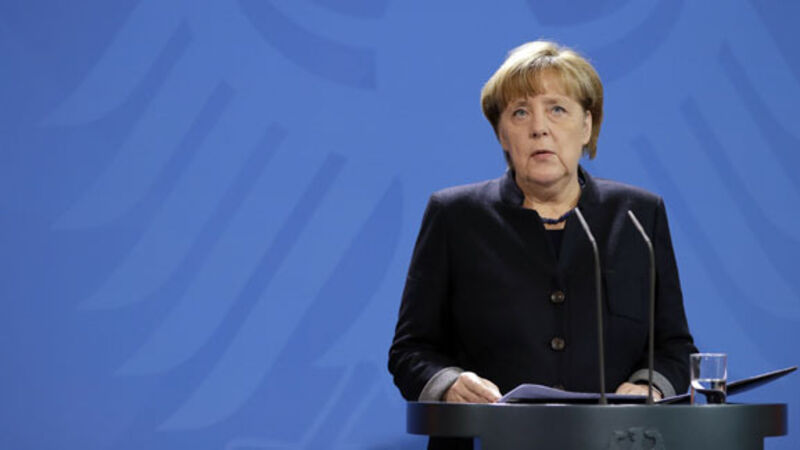German GDP growth slow; Weakest expansion rate since 2013

The German economy expanded 0.6% in 2019, the weakest expansion rate since 2013 and a marked cooling from the previous year, as export-dependent manufacturers in Europe’s largest economy faced increased headwinds from trade disputes and less foreign demand.
















